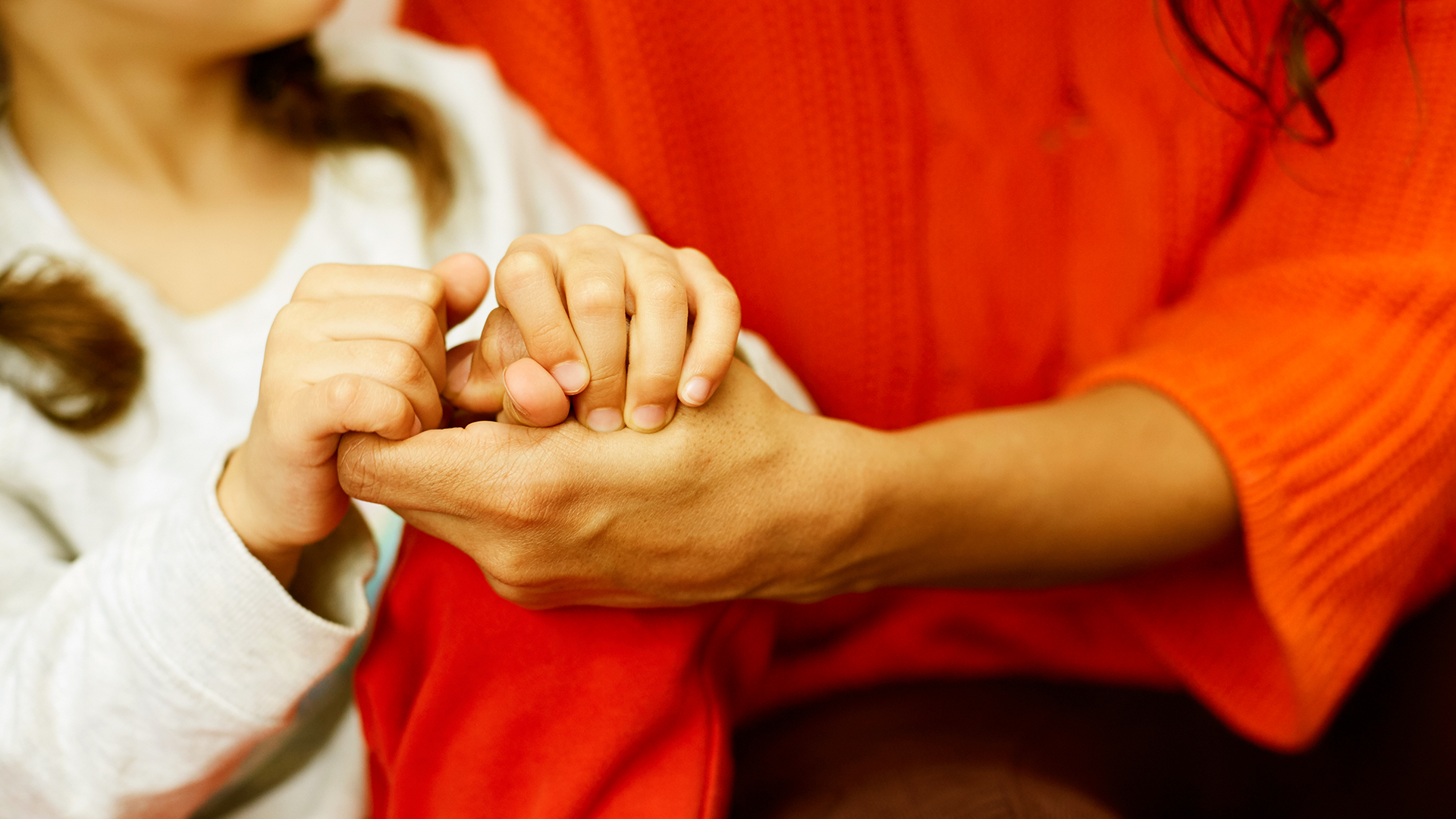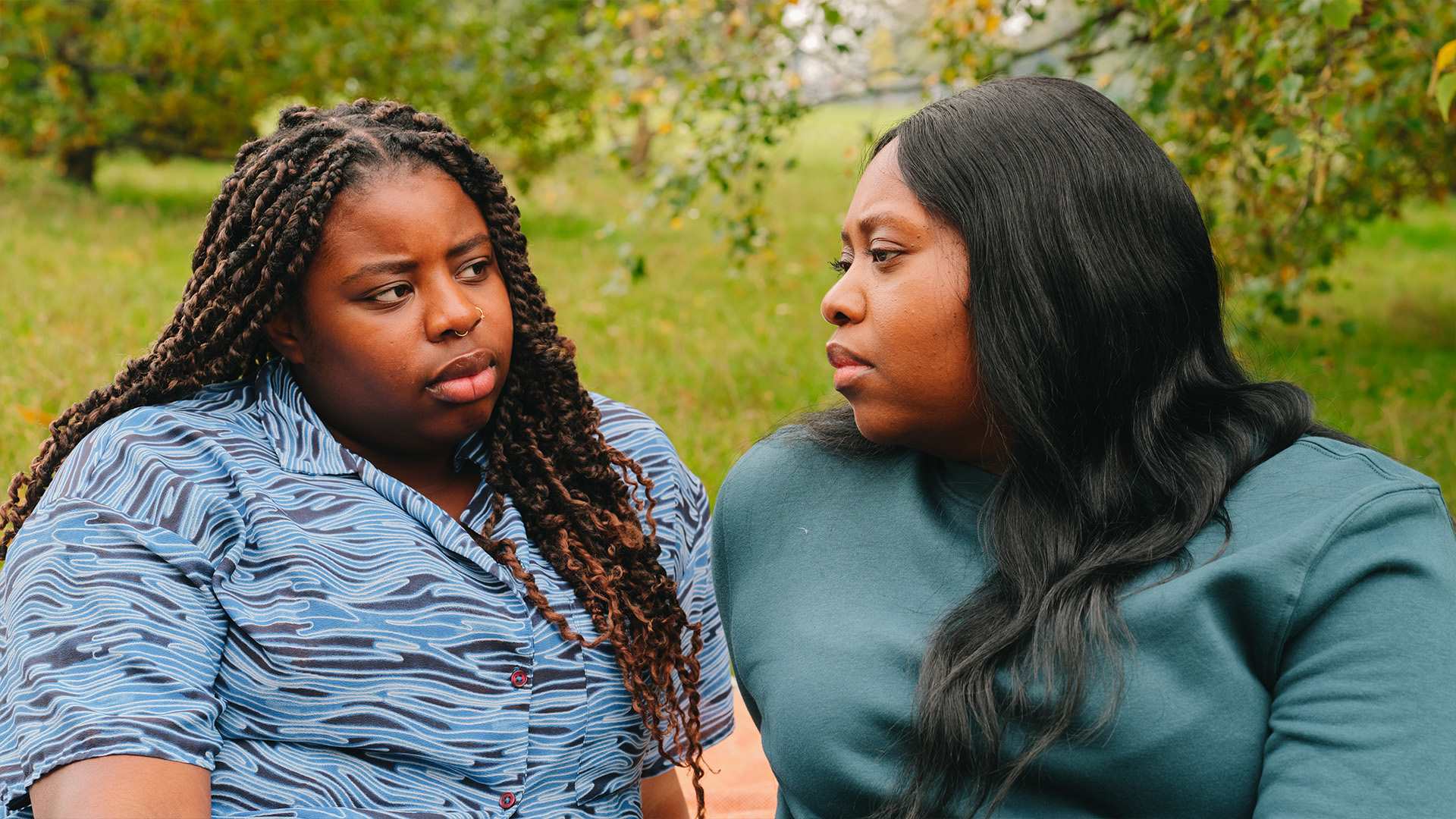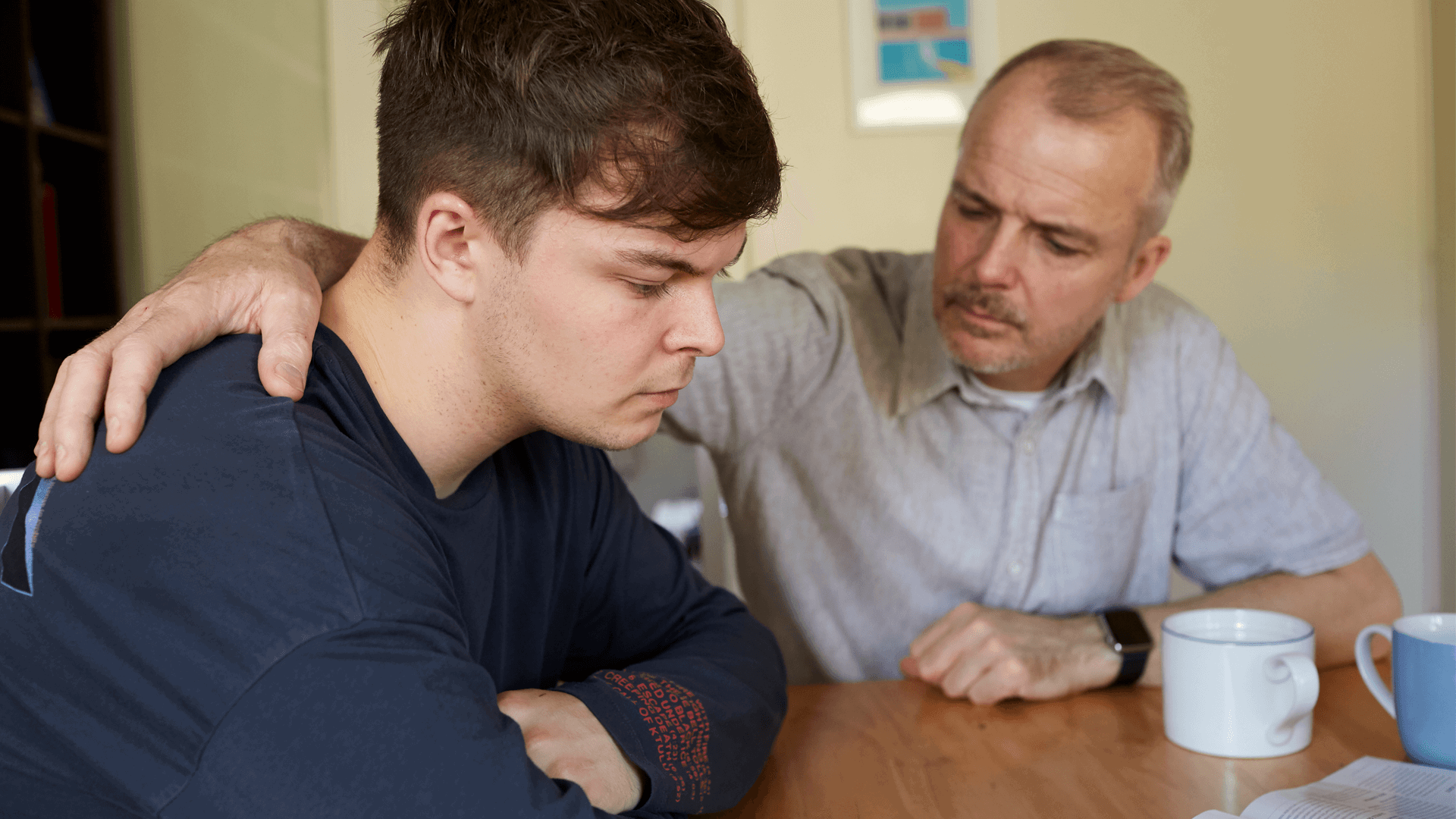Finding out that your child is self-harming can be an incredibly distressing, or even traumatic, experience. It’s completely normal to feel anxious, confused, sad, angry, frustrated, guilty or ashamed.
Try to take time when you can to check in with yourself, and to think about ways you can take care of yourself too. It’s okay to ask for help when you need it, and to share your worries with someone you trust.
Many parents in this situation find it helpful to reach out to other parents to talk through how they have handled difficult situations and found support. You may also be able to find a local parent support group using the Charlie Waller Trust directory.
If you need more help, speaking to your GP is a good place to start. They may be able to refer you to a local support service. Sometimes it helps just having someone there who can listen to what you’re going through. If you need someone to talk to, you can call the Samaritans any time on 116 123.





